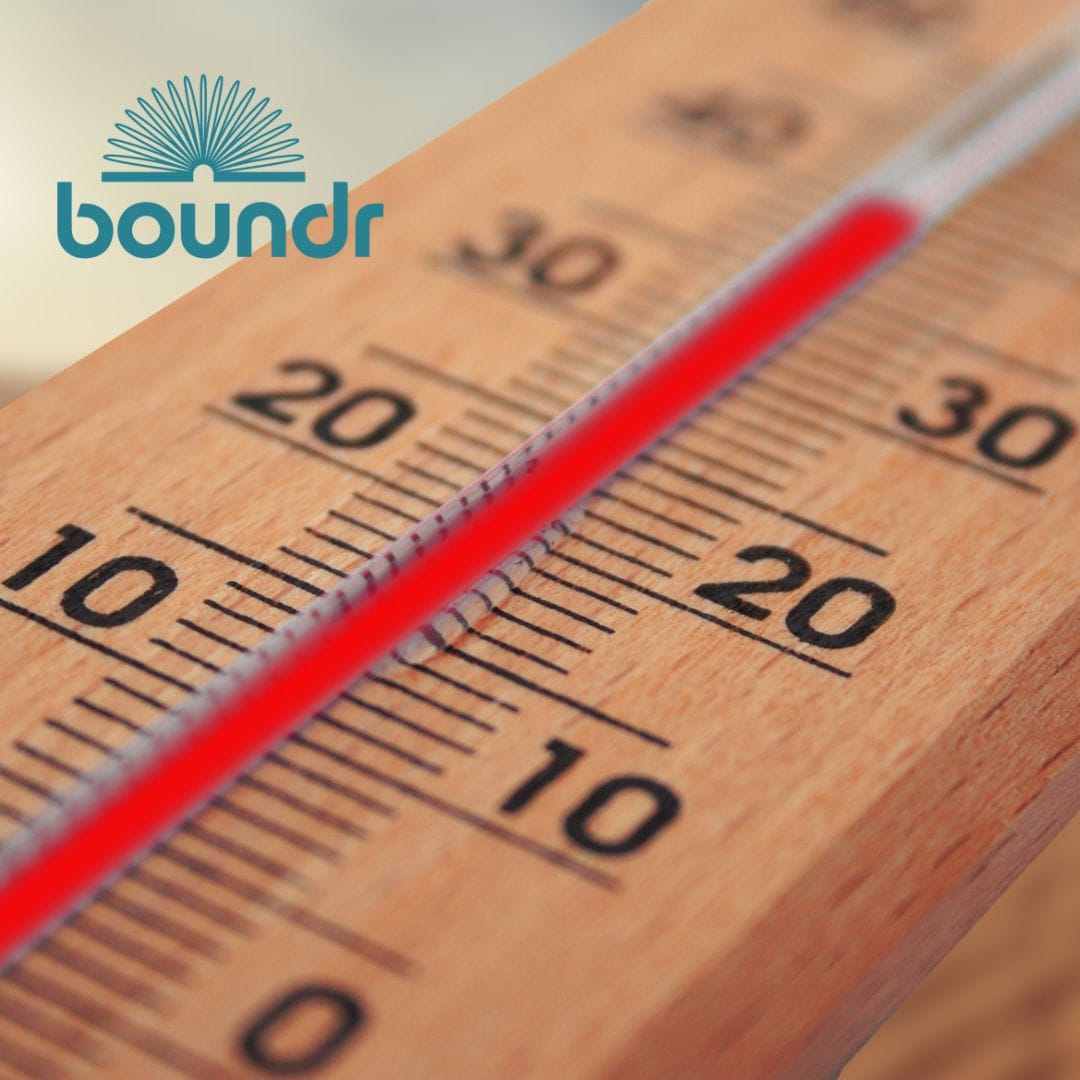Boundr Explains: DDU
Shipping packages overseas can feel like navigating a maze of acronyms and complex terms. Among the alphabet soup of shipping jargon, you might have encountered "DDU" and wondered, "What does that even mean?" Don't worry—you're not alone! Let's break down DDU in simple terms so you can confidently ship your packages around the globe.
DDU: The Basics
DDU stands for "Delivered Duty Unpaid." This shipping term is part of the International Commercial Terms, commonly known as Incoterms, which are globally recognized rules defining the responsibilities of recipients and senders in the shipping process.
But what does "Delivered Duty Unpaid" actually entail? DDU means that the sender is responsible for delivering the goods to a specific destination. Still, the recipient is responsible for paying any import duties, taxes, or customs charges once the shipment arrives in the destination country.
In other words, as the sender, you'll ensure the package reached the recipient's doorstep (or their preferred location), but once it arrives in their country, the recipient will be responsible for any additional cost imposed by their local authority.
How Does DDU Work?
Here's a step-by-step breakdown of how DDU works in a typical shipping scenario:
Sender Ships the Package: The sender arranges shipping the package to the destination country. They cover all the costs of transporting the goods from their location to the recipient's country.
Customs Clearance: When the package arrives at the destination country's border, it goes through customs clearance. Customs officials assess the package and determine any applicable duties, taxes, or fees based on the value and type of goods.
Receiver Pays the Duties: Under DDU terms, the recipient is responsible for paying customs duties, taxes, or other charges imposed by the destination country's government. The recipient typically pays these fees before the package can be released for delivery.
Final Delivery: Once the duties and taxes are paid, the package is released from customs and delivered to the recipient's specified address.
Why DDU Matters to You
Understanding DDU is crucial for anyone involved in international shipping—whether sending a gift to a friend abroad or running an e-commerce business. Here's why:
Cost Transparency: Knowing that the recipient will be responsible for duties and taxes under DDU helps you, as the sender, provide accurate cost information and avoid unexpected expenses.
Avoiding Surprises: No one likes unexpected costs, but by understanding DDU terms, you can ensure that the recipient won't be caught off guard by additional charges when the package arrives.
Better Planning: If you're the sender, offering DDU as a shipping option can make your products more appealing to international recipients who prefer handling their customs duties.
The Difference Between DDU and DDP
You might also hear about DDP or "Delivered Duty Paid." Unlike DDU, where the recipient pays the duties, under DDP, the sender takes care of everything—including the payment of customs duties, taxes, and fees—ensuring the recipient has a hassle-free experience.
So, if you're shipping or ordering goods internationally, knowing the difference between DDU and DDP can help you choose the best shipping option.
Choose Boundr for Seamless International Shipping
Navigating international shipping doesn't have to be complicated. When you're shipping with DDU, Boundr is here to make the process as smooth as possible. With our expertise and reliable service options, you can trust us to get your packages where they need to go—without the stress.
Ready to ship? Choose Boundr for all your international shipping needs and experience hassle-free delivery.
More from the blog
-
 Avoid Common Summer Shipping Pitfalls: A Money-Saving Guide
Avoid Common Summer Shipping Pitfalls: A Money-Saving GuideSummer may be all sunshine and vacations, but for global shippers, it’s a season packed with potential shipping pitfalls. From heat-damaged goods to seasonal delays and surprise fees, here's how to navigate the most common issues and save money along the way. Read more
-
 Boundr Service Closure: What You Need to Know
Boundr Service Closure: What You Need to KnowBoundr is officially winding down its operations in 2025. Below is a timeline outlining key dates and what users can expect as we prepare for complete closure. Read more
-
 Shipping Tips for Seasonal Products: Affordable Solutions for the Summer
Shipping Tips for Seasonal Products: Affordable Solutions for the SummerShipping summer products can be challenging, especially when dealing with seasonal items such as aerosols, lithium batteries, or outdoor kits. This guide provides smart, affordable tips to help small businesses avoid shipping setbacks and deliver seamless customer experiences throughout the year. Read more
-
 Five Ways to Save on Summer Shipping for Your Small Business
Five Ways to Save on Summer Shipping for Your Small BusinessSummer is one of the busiest times for small businesses, but rising international shipping costs can quickly erode your profits. These five smart shipping tips will help you cut costs, avoid delays, and keep your summer orders running smoothly. Read more
